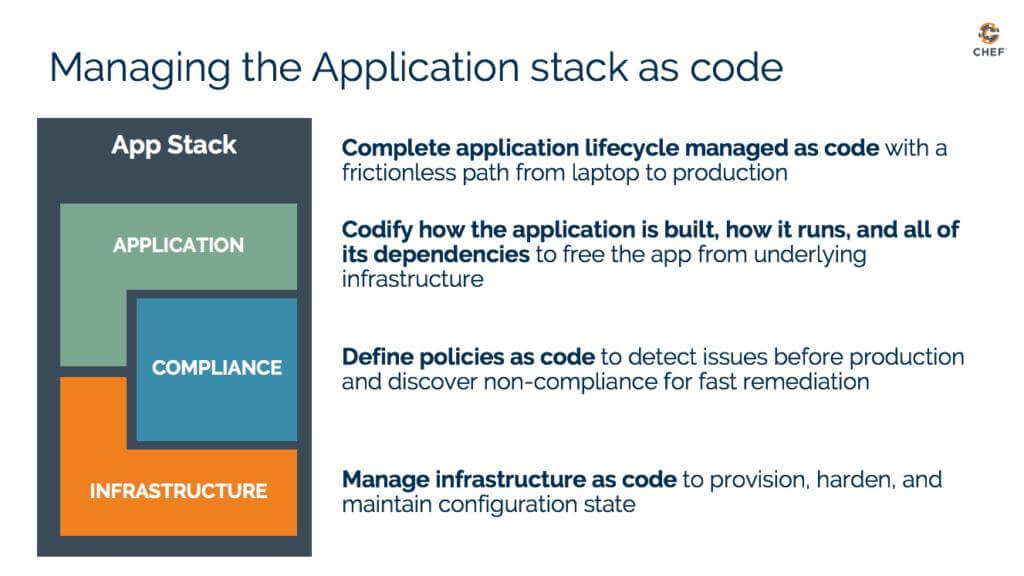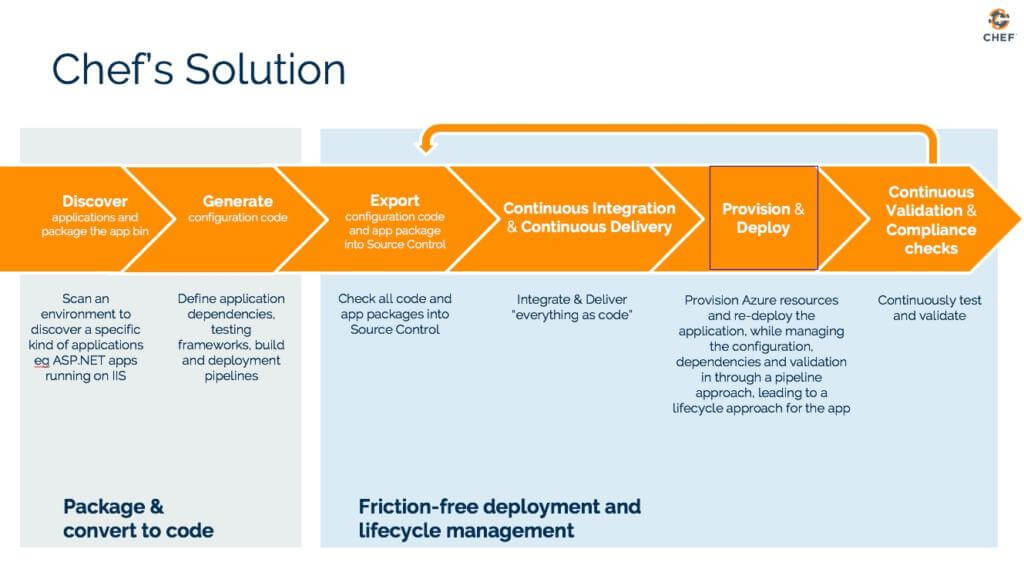As many of you know, the standard Microsoft lifecycle policy is 10 years of support (5 for mainstream + 5 for extended support) for business and developer products, such as SQL and Windows servers. At the end of the extended support period, patches or security updates are no longer provided, creating security and compliance issues.
That 10 year period of extended support is almost up on two of Microsoft’s most utilized tools:
- SQL Server 2008/R2 ends on July 9, 2019
- Windows Server 2008/R2 ends January 14, 2020
Both deadlines are catalysts for organizations facing this application support predicament.
It is very clear the end of extended support carries steep costs and incredible risk due to the loss of security updates. Organizations may not know how to manage their legacy applications through a modern lifecycle management process, or even how to easily and efficiently migrate these applications to cloud instances- especially at the scale needed.
When faced with the end of extended support, organizations traditionally have had four options to consider:
- Remain with application on-premise and purchase 3 more years of expensive extended security support
- Remain with application on-premise but upgrade the Windows or SQL servers to the latest versions and refactor, rearchitect or rebuild the application accordingly
- Migrate current application to Azure as a VM and get 3 additional years of extended security updates at no additional costs. Essentially kicking the can down the road.
- Rewrite the application to utilize cloud native services such as Platform-as-a-Service
Each of these options has their downside, either being low-effort with high risk, or high-effort with high complexity. And none of these options actually provide value in the long-term.
We’re here to tell you about a better way to approach migrations off of unsupported servers — and it’s all done through code.
Managing the Application Stack as Code
Chef offers a unique solution to enable easy and efficient migrations by managing your entire application stack as code. By defining the application, it’s dependencies, it’s compliance policies, it’s infrastructure — everything — as code, you enable an easy and scalable migration path for all your applications.

This solution offers organizations a means to preserve the business value of applications while modernizing the application lifecycle — all without having to rewrite any applications.
Short-term benefits:
- Avoid costs associated with the end of support charges
- Migrate into Azure without having to rewrite applications
Long-term benefits:
- Eliminate friction in managing applications throughout the lifecycle
- Ensure environment security and compliance continually across the migration and beyond
How it Works
Chef has helped multiple customers in their journey off of Windows 2008 by using Chef Habitat and Chef InSpec in synchronicity.
Chef Habitat provides a uniquely differentiated approach to package applications and their dependencies thereby decoupling the application from the underlying infrastructure and run-time.
Chef InSpec automates security test and defines policies as code ensuring consistent standards are enforced in every environment, before, during and after the application transition to the new cloud environment.
Using these tools together, you can:
- Quickly and easily scan an application and its dependencies
- Package and then convert the application/dependencies bundle into code
- Export that bundle into any Source Control, building the foundation for frictionless deployments and lifecycle management
In general, we can get applications packaged and running in Azure in less than 3 hours!

Watch it in Action!
Learn more about how Chef enables easy migrations into Azure without rewriting applications in our webinar below. You’ll see how to avoid costs associated with end of support for Windows 2008/R2 and SQL Server 2008/R2 by defining your application as code and modernizing the application lifecycle management.
Next Steps
Ready to find out how you can use this approach to migrate your legacy applications? Contact us at awesome@chef.io
Get hands-on! Check out our free learning tracks and demo videos on Learn Chef Rally.
To learn more about Chef Habitat and start a free trial, visit https://www.chef.io/products/chef-habitat

